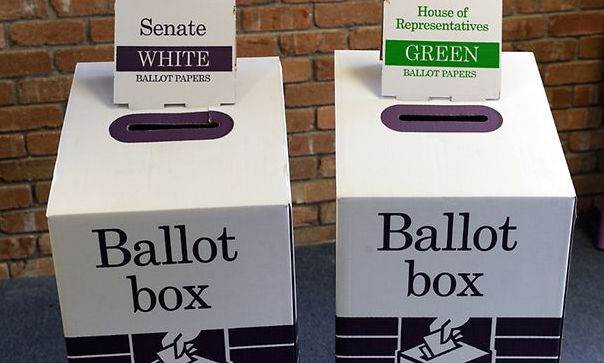4 July 2016
By Stephen Koukoulas
he champions of the 2016 election are the shadow treasurer, Chris Bowen, and his economic team.
They treated the electorate with respect by releasing detailed policy choices on difficult issues. These choices set the scene for Labor’s overall campaign which has been remarkably successful given how far Labor were behind the Coalition at the end of 2015.
Bowen prosecuted the case for Labor’s economic policy framework during the campaign, even when it meant the proposed tax changes drew howls of indignation from parts of the electorate and allowed the Liberal party to launch scare campaigns about collapsing house prices and budget deficits.
Without the policy proposals and details outlined by Bowen, Labor would not have stood a chance.
It is vital to note that the tax changes on negative gearing and capital gains tax provided the revenue needed so the Labor party could fund its commitment for extra spending on education and health.
At the same time the structural integrity of the budget improved with Labor’s budget plan, to the point where the Liberal party found it difficult to strike a blow against Labor given its own track record in government where the budget deficit has blown out and the level of government debt had risen by over $100bn.
Because of this strategy, there was never the damaging question for Labor of “where’s the money coming from”. Labor had this potential problem covered because of its bold revenue measures.
Labor could also point to the fairness of its policies as they targeted housing affordability for the young and capital gains tax concessions that accrue overwhelmingly to the well off.
It is also important to recall that the blistering attack on Coalition policies were led by Bowen. Shortly after Malcolm Turnbull ousted Tony Abbott as prime minister, “everything” was on the policy table. Turnbull was giving consideration to the goods and services tax being increased and having its base broadened and there was a proposal that income taxing powers would be handed to the states.
These ideas were undermined by Labor which meant Turnbull had nothing to go on during the election campaign other than a company tax cut, which was to be phased in over a decade, at a cost of $50bn. The absurd “jobs and growth” agenda of Turnbull was without foundation and was open to ridicule, not that Turnbull and his team noticed.
“Jobs and growth” was a ruse that the Labor party was able to demolish. Money going to the “big end of town” while health and education were being cut was the central theme that helped Labor’s economic attack during the campaign.
Had Turnbull run with a GST hike and not cowered at the prospect of selling a significant economic policy change, he would have been seen as a bold reformer, it would have freed up many tens of billions of dollars to allow him to campaign on cuts to income tax, funding other policies and the return to budget surplus would have been enhanced from the GST revenue.
To be sure, Labor would have campaigned hard on an anti-GST platform but with the budget fragile and revenue needed to fund policies demanded by the electorate Turnbull would have had an economic agenda of substance to sell to the electorate.
In the end, despite good GDP and labour force data being released during the campaign, Labor’s economic policy platform and the absence of any thing substantive from the Liberals other than the company tax cut meant they lost their advantage in the electorate as “the better economic manager”.
Bowen drove the take-down of each aspect of Liberal economic policy. He drove the policy agenda that Labor ran with. Whatever the end result of the election, the fact that Labor beat all expectations from its seemingly hopeless position at the start of the year owes much to Chris Bowen.

